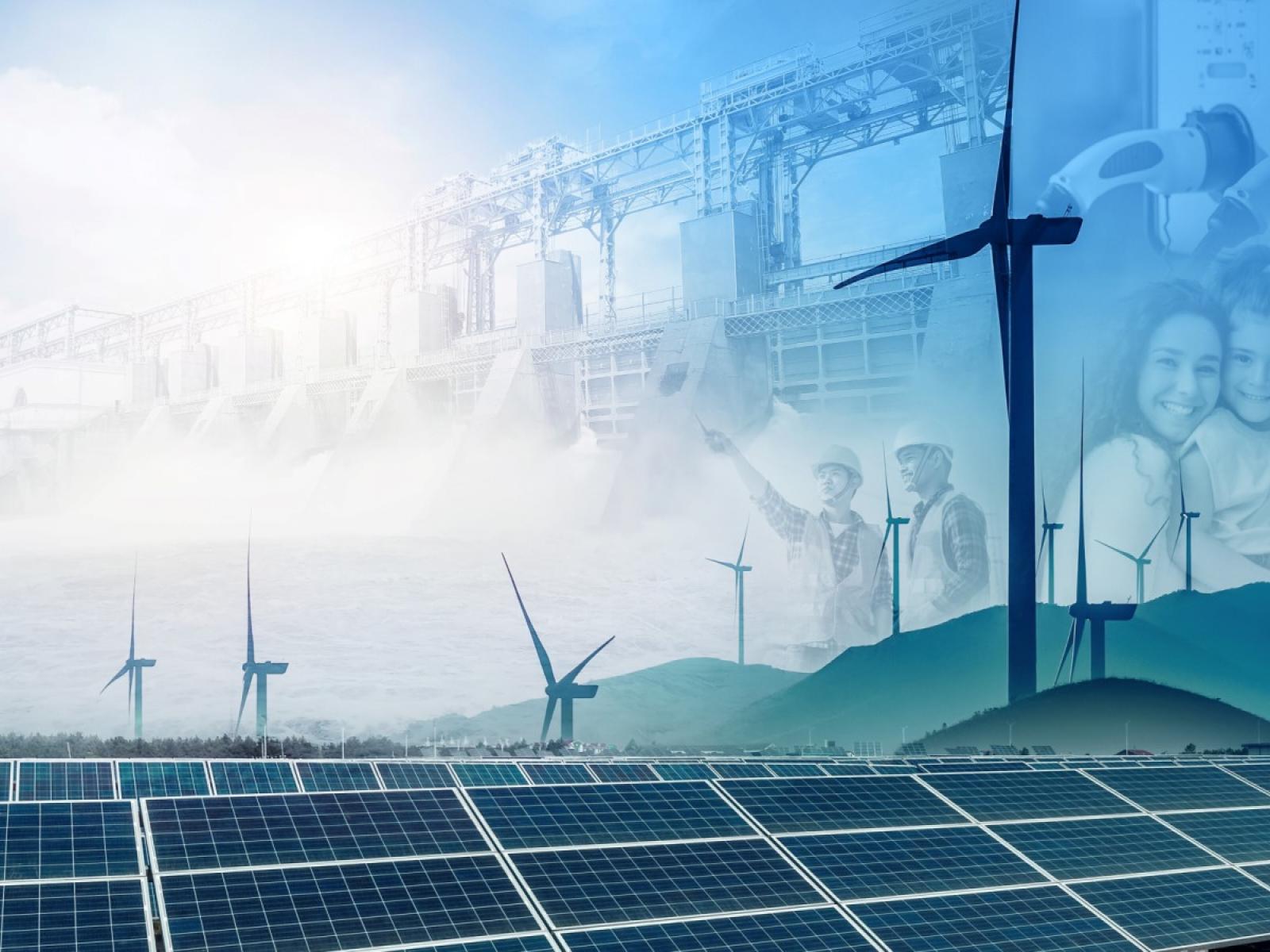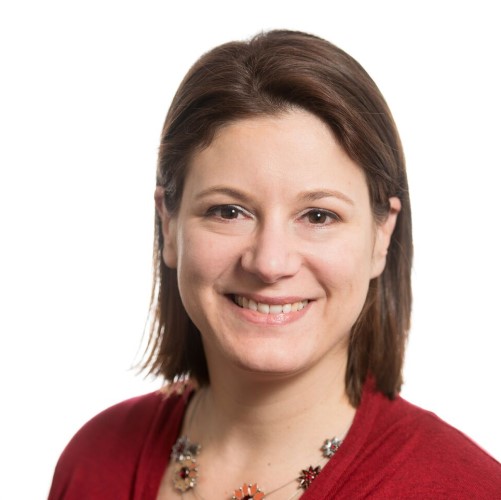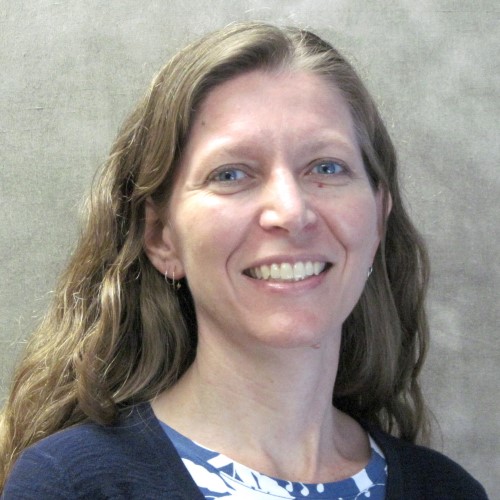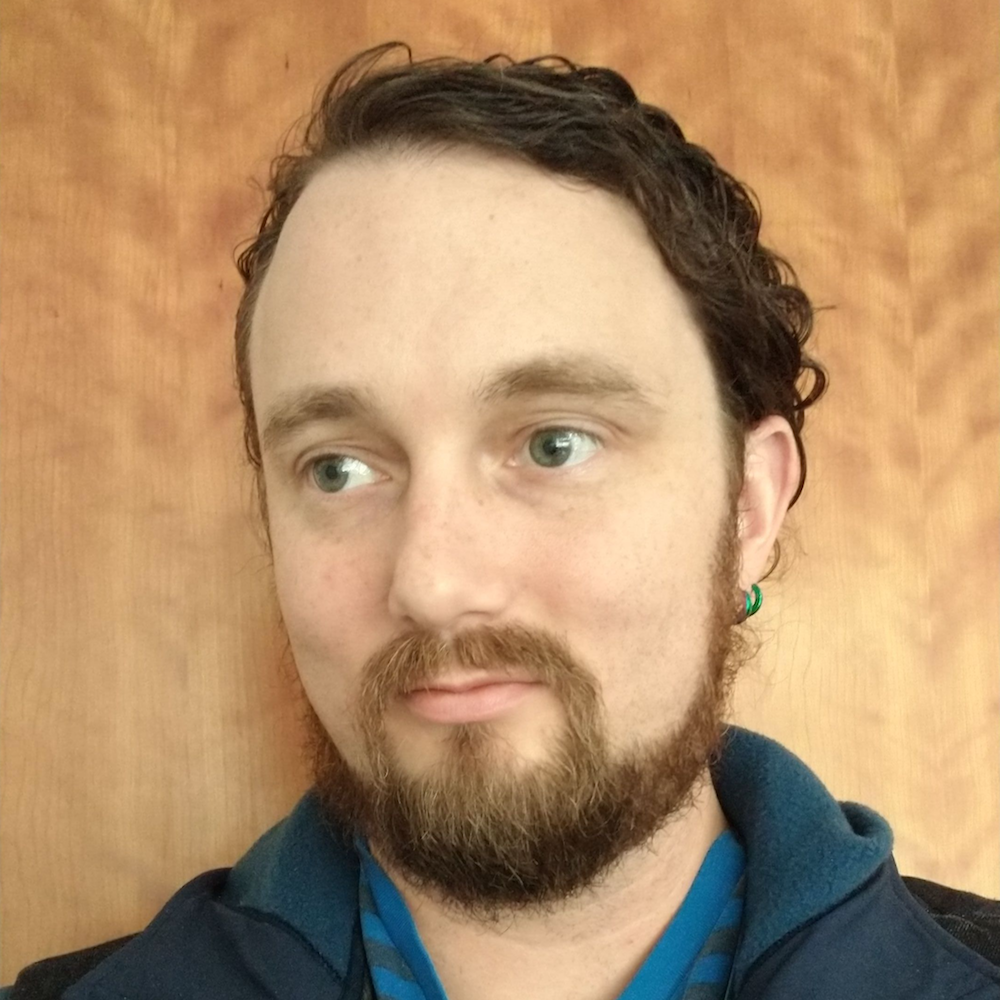Grid Operations, Decarbonization, Environmental and Energy Equity Platform (GODEEEP)
Grid Operations, Decarbonization, Environmental and Energy Equity Platform (GODEEEP)
Developing innovative decision support tools, data, and models to explore the implications of decarbonization for energy system expansion and operation, and human well-being.

GODEEEP is an internal PNNL Agile investment that addresses U.S. priorities related to clean energy and environmental and energy equity.
(Composite image: Pacific Northwest National Laboratory)
Lab-Level Communications Priority Topics
Grid




